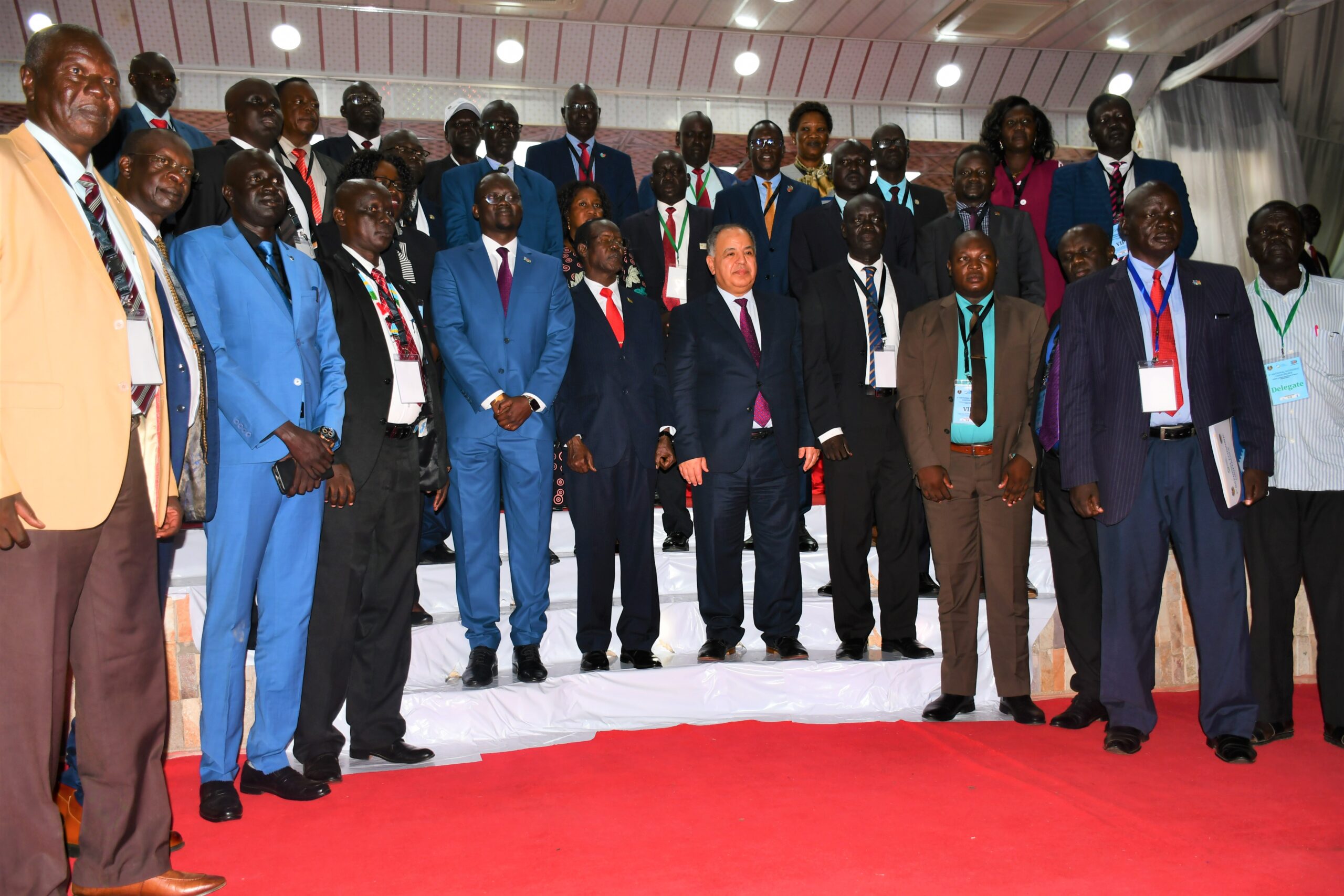The Resolutions and Recommendations from the South Sudan First Ever Economic Conference organised in Juba received backlash from participants.
During the closure of the five days National Economic Conference in Juba on Saturday, the participants had mixed reactions with many of the participants criticizing the outcome of the consultation.
The resolutions and recommendations read out by Abraham Kuol Nyuon, the Deputy Secretary of High-level Specialized Steering Committee demand that the financial institutions which include Ministry of Finance, Central Bank and others should work collaboratively towards stabilizing the economy.
The participants also resolved that the laws and regulations should be reviewed and intellectual property laws should be passed and implemented.
In a similar note, the participants also resolved to cleanse the payroll of ghost names and use the electronic system of payment using the by metric payroll system.
Additionally, the ministry of Higher Education to unify the academic curriculum across the country while the ministry of General Education will introduce vocational training schools for skills.
However, these recommendations and resolutions faced backlash from participants who criticize the sustainability and implementation of the resolutions in addressing short term, mid-term and long term resolutions to the economic meltdown.
According to Lobong, one of the participants disputed the recommendation which demands organising the economic conference annually, the participant said it is expensive as many things cannot be achieve within the duration of one year.
While others questioned the nature of the execution of the resolutions around budget, demanding that the structure of the budget should be different.
The Governor of Jonglei State, Denaya Jock Chagor emphasized that the issue of election should be included in the resolutions to assure that South Sudan goes for elections at the end of the transitional period without further extension.
The First National Economic Conference was organised under the theme: “Towards diversified, inclusive and sustainable economic growth” which took place between 4th and 9th September in Juba

